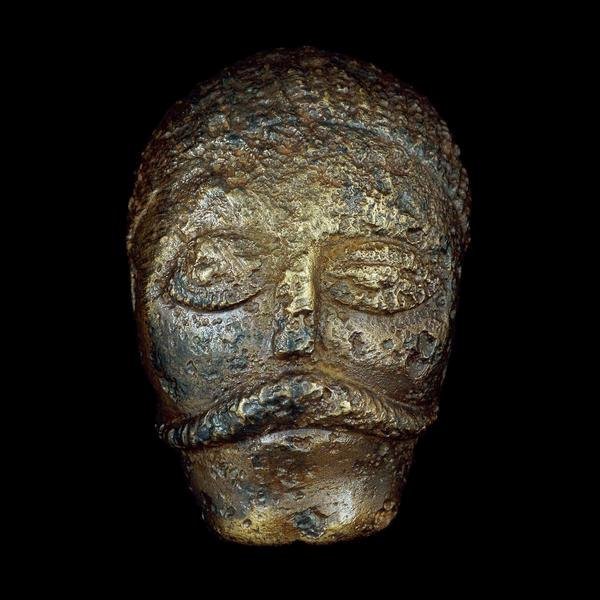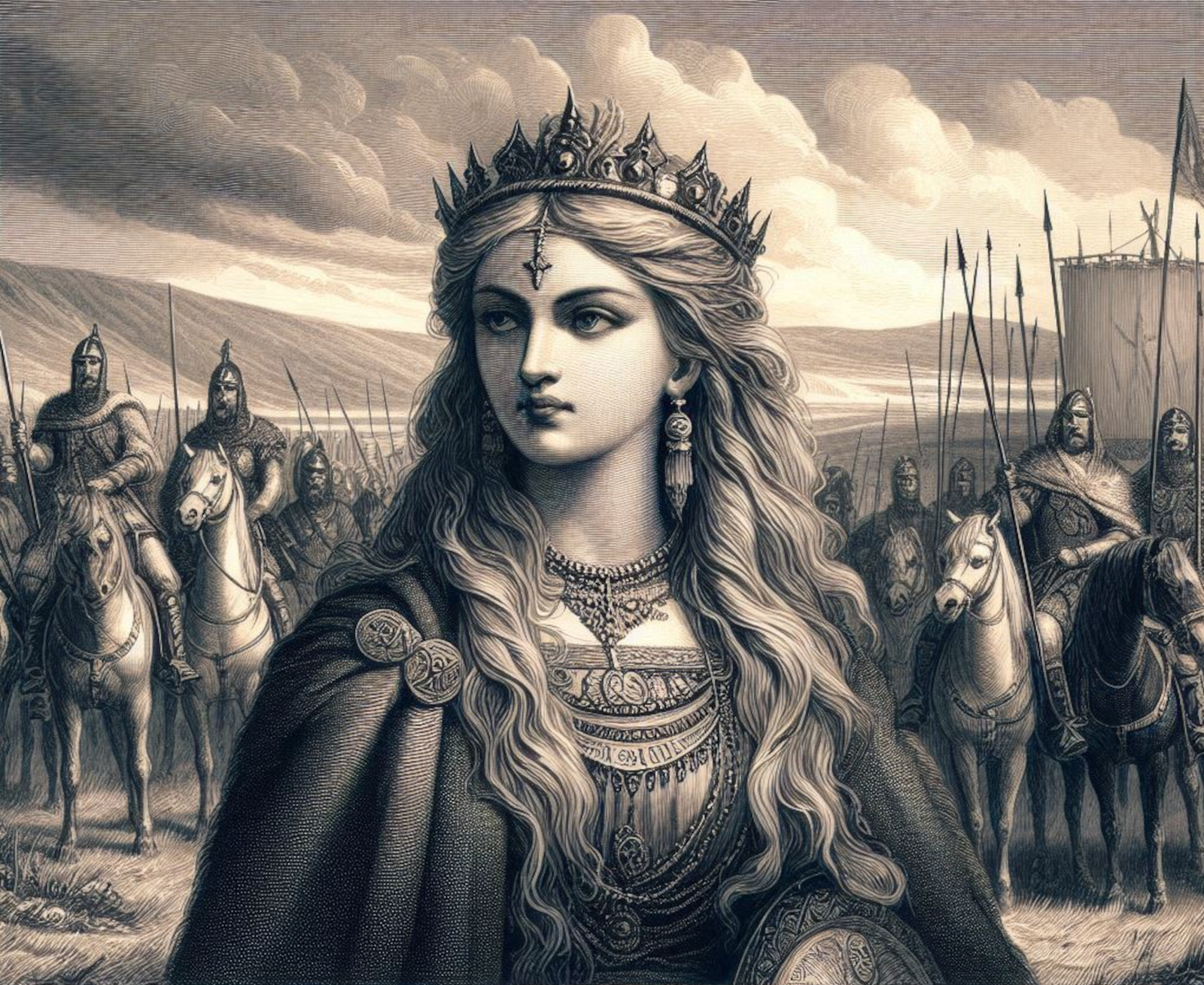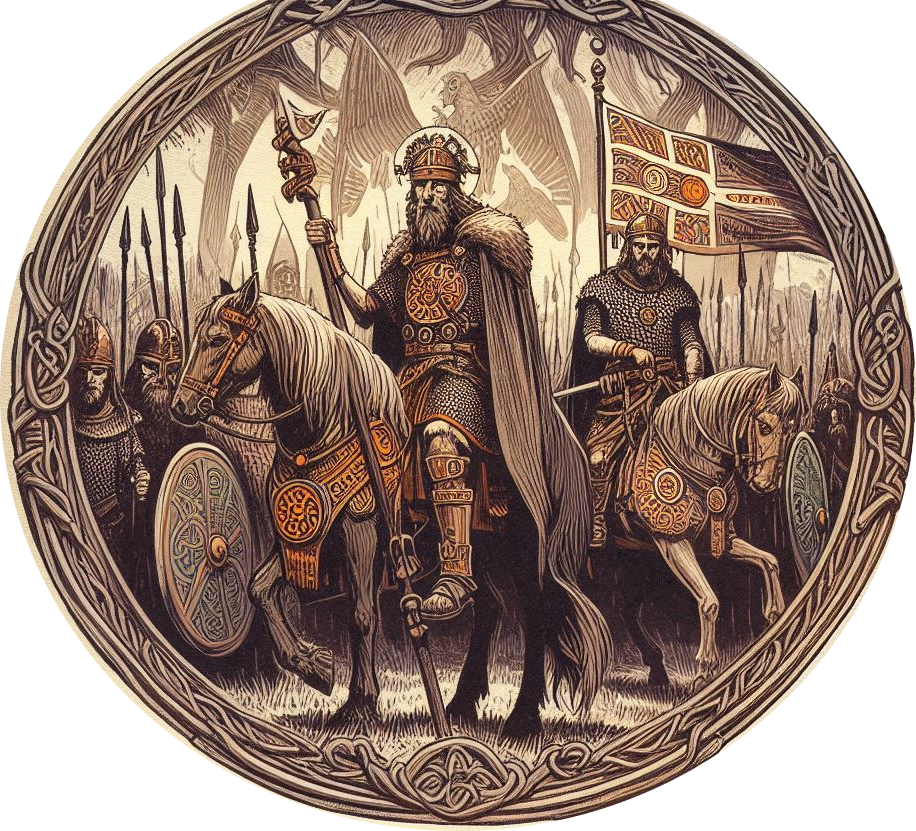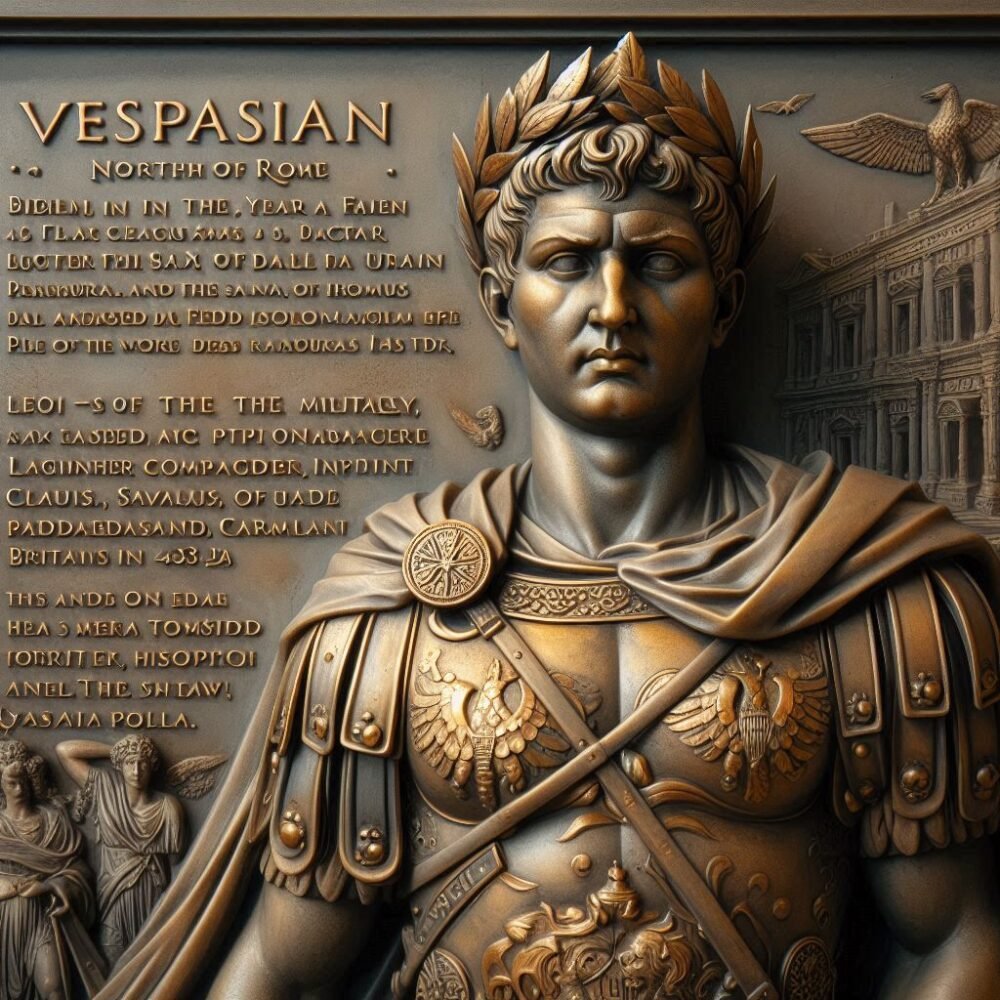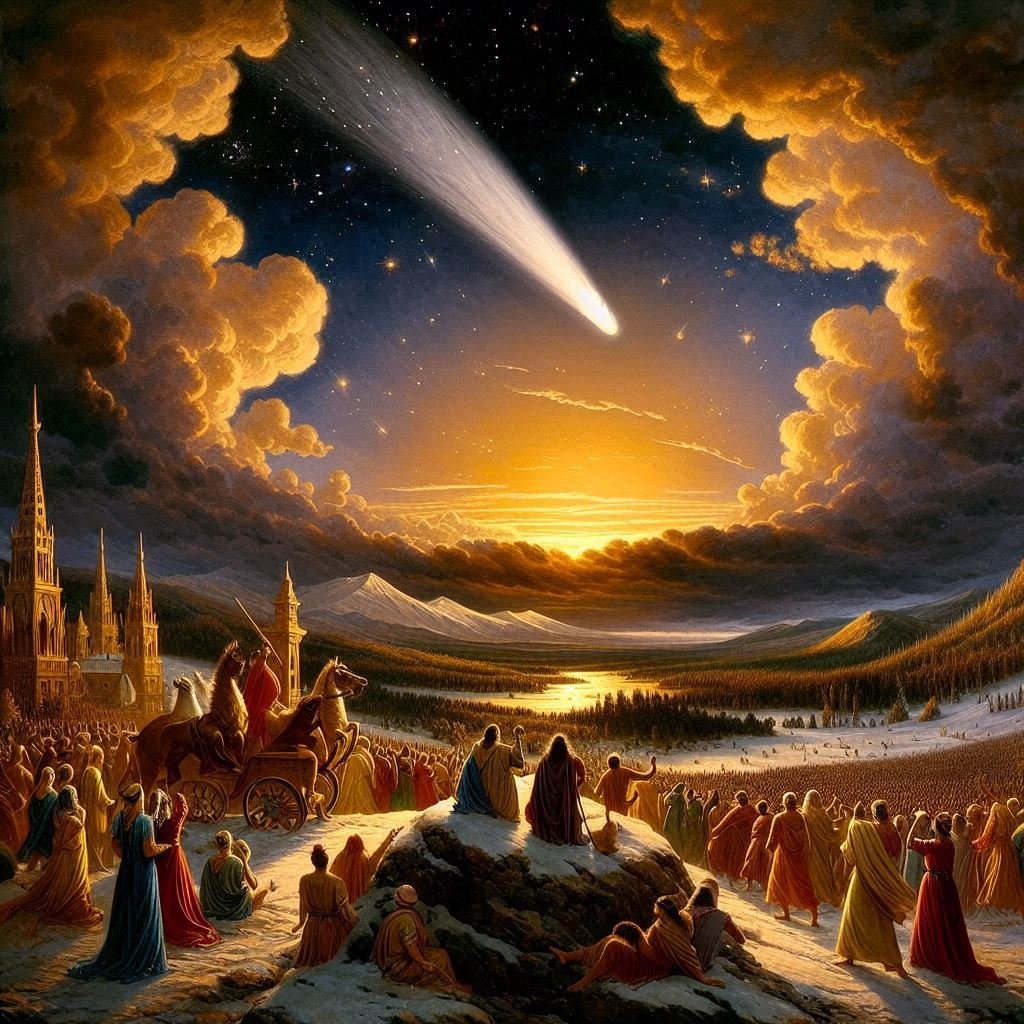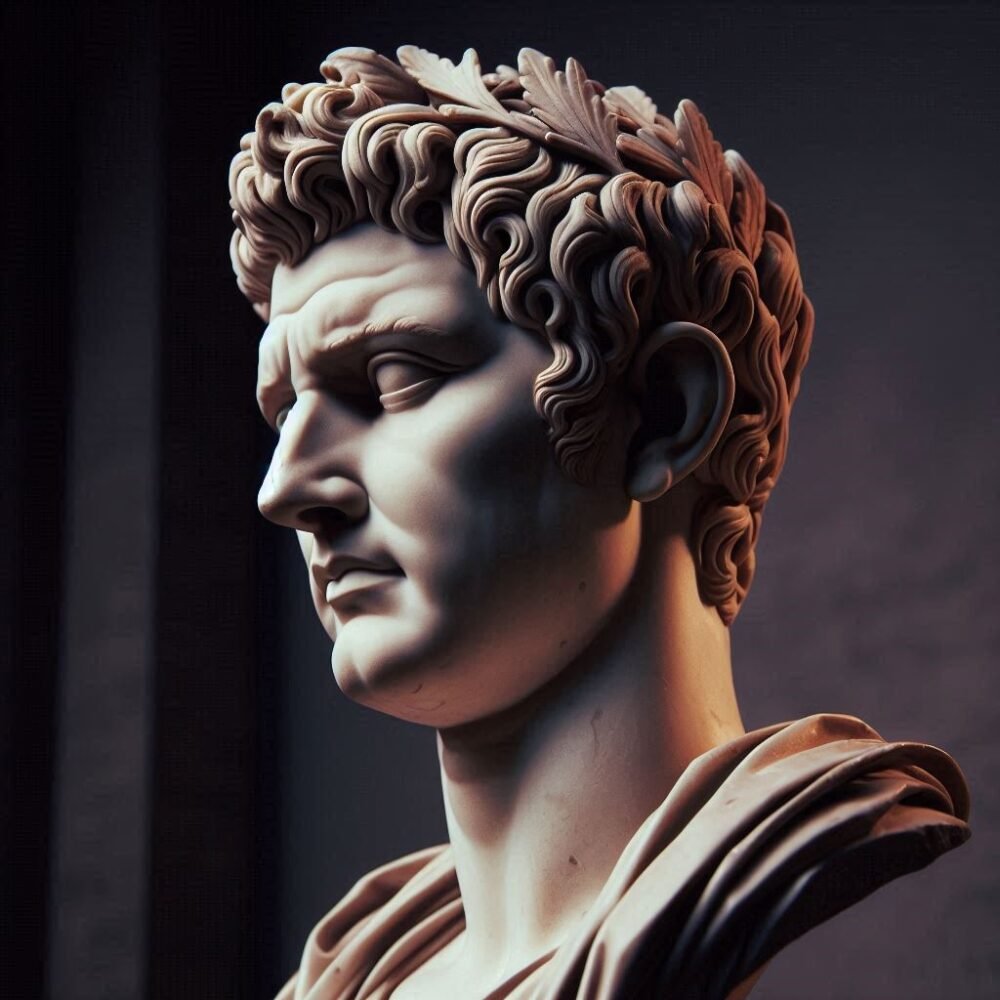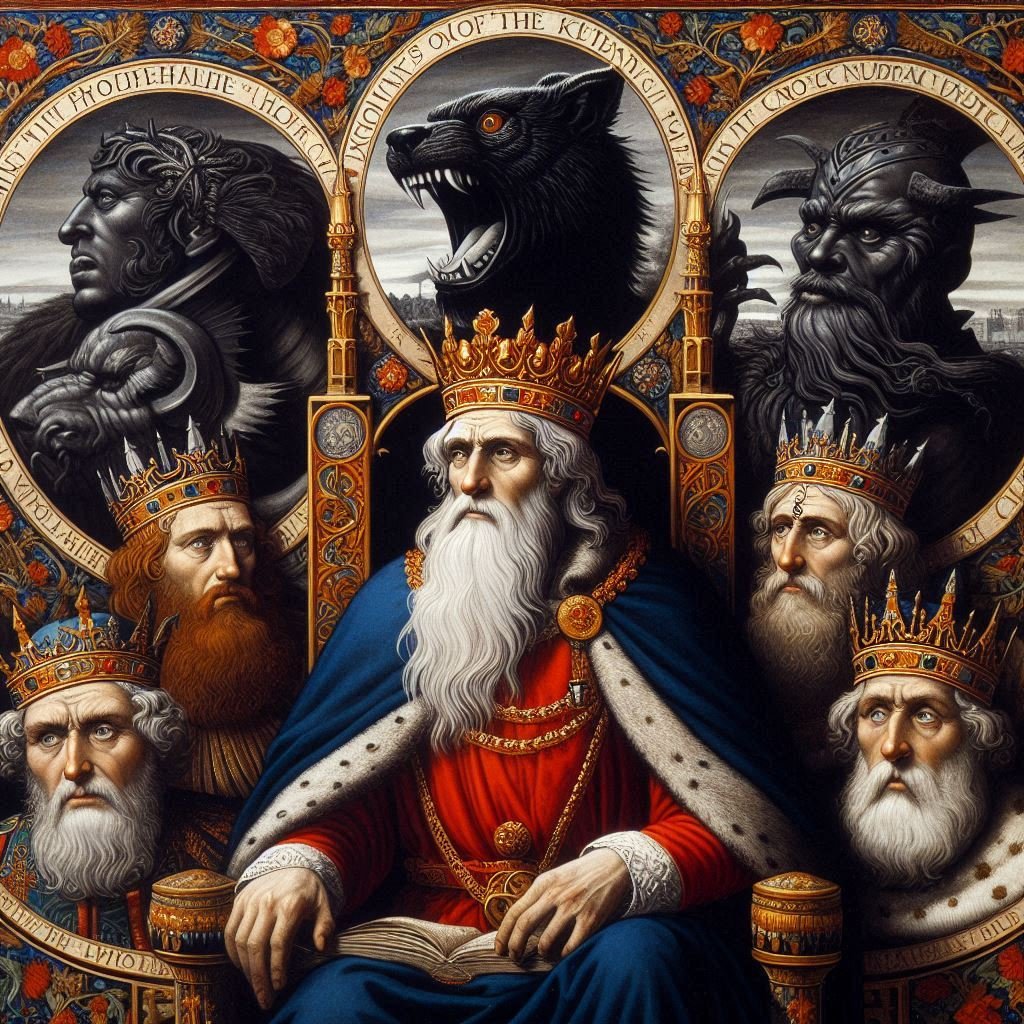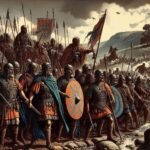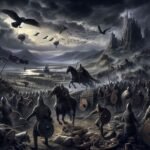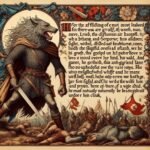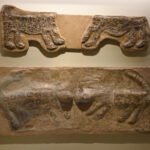Contents
Galicia’s Political History and Separatist Sentiment
Celtic Heritage and Regional Identity:
Galicia’s Celtic origins have long played a significant role in shaping the region’s cultural and political identity. Historically, Galicia was inhabited by Celtic tribes, and this heritage is still celebrated today in Galician culture, language, and folklore. The Galician language (Galego) is a Romance language that has distinct Celtic influences, and it remains an important marker of Galician identity. Many Galicians view themselves not only as Spaniards but as part of the wider Celtic world, which includes Ireland, Scotland, and Wales—regions also with Celtic roots.
This distinctiveness has contributed to the development of a strong sense of regional pride and autonomy, which at times has manifested in political calls for independence or greater self-governance from the central Spanish state.
The Spanish Constitution and Galicia’s Autonomy:
Spain’s 1978 Constitution established autonomous communities, granting varying degrees of self-rule to regions such as Catalonia, Basque Country, Galicia, and others. Galicia became an autonomous community in 1981, receiving a statute of autonomy that recognized the region’s historical identity and linguistic uniqueness.
This autonomy has allowed Galicia to manage many of its own affairs, such as education, health, and culture, while still remaining part of the broader Spanish state. However, this degree of self-rule has never completely satisfied the desires of some in the region who push for full independence or at least greater autonomy.
Separatist Movements and Political Tension:
The political landscape in Galicia has been influenced by various separatist movements, but these movements have not been as intense or violent as those in the Basque Country or Catalonia. However, there has been a steady undercurrent of Galician nationalism that advocates for greater independence or self-determination.
Historical Separatism: The roots of the separatist sentiment can be traced to Galicia’s Celtic roots, with a historical desire to protect Galician culture and language from being marginalized by the central government. The Spanish crown, and later the Spanish state, imposed Castilian (the Spanish language) as the dominant language and culture, leaving the Galician language and many Celtic traditions at risk of being eroded.
Political Movements: There are several political movements in Galicia that push for greater autonomy or independence, although they are not as large-scale or as widely supported as those in Catalonia or the Basque Country. For example, the Galician Nationalist Bloc (BNG) is a political party that advocates for the promotion of Galician culture and language while also pushing for greater autonomy within Spain. A smaller faction, the Galician People’s Union (UPG), has even called for full independence.
Cultural Renaissance: Over the last few decades, there has been a cultural renaissance in Galicia, where the region’s Celtic heritage is being increasingly celebrated. Galician MUSIC, dance, and folklore have enjoyed a resurgence, and Galician language is now being taught in schools and spoken more widely. This cultural revival has fuelled nationalist sentiments, as many in Galicia see their Celtic past as an important aspect of their distinct identity.
Galicia within the Broader Spanish Context:
While the separatist sentiment in Galicia is notable, it does not dominate the political scene in the same way it does in Catalonia or the Basque Country. Several factors contribute to this:
- Less Economic Power: Unlike Catalonia and the Basque Country, Galicia is not as economically prosperous, so calls for independence or greater autonomy are often less pronounced.
- Political Moderation: The political landscape in Galicia tends to be more moderate, with parties like the Galician Socialist Party and the Popular Party (PP) often taking a more centrist position that favours maintaining the current autonomy but not full independence.
- Cultural Pride, Not Political Extremism: For many Galicians, their Celtic heritage and language represent a cultural pride rather than a basis for full political separation. While there are certainly voices calling for greater independence, these are often balanced by pragmatic politics that seek to preserve Galician traditions while remaining a part of Spain.
The Future of Galician Separatism:
While full independence is not a mainstream political goal in Galicia, the region’s unique Celtic roots and distinct cultural identity will likely continue to fuel calls for greater autonomy. Decentralization and Cultural Preservation will remain central themes in the region’s politics, especially as Galicia faces challenges such as economic disparities, population decline, and the Preservation of its language and culture.
In the context of Brigantium and the Brigantes, there are many historical and cultural threads that may tie Galicia’s Celtic heritage to the Celtic peoples of Britain and Ireland. The idea of regional identity and ancestral pride is something that could provide rich material for understanding the connections between the Galicians and the Brigantes, as both shared strong traditions rooted in land and ancestry.
Conclusion
Galicia’s Celtic origins and regional autonomy continue to play a significant role in its political landscape. While separatism isn’t as extreme as in other parts of Spain, there is a strong and persistent sentiment of cultural preservation and a desire for greater self-rule. This complex relationship between the Galician identity and the Spanish state makes it an intriguing region, especially in relation to the possible connections between the Galicians and the Brigantes. By exploring Galicia’s history, culture, and political landscape, we can deepen our understanding of how the region’s Celtic past has shaped its present and may offer clues to the shared history between the Galician tribes and the Brigantes.


